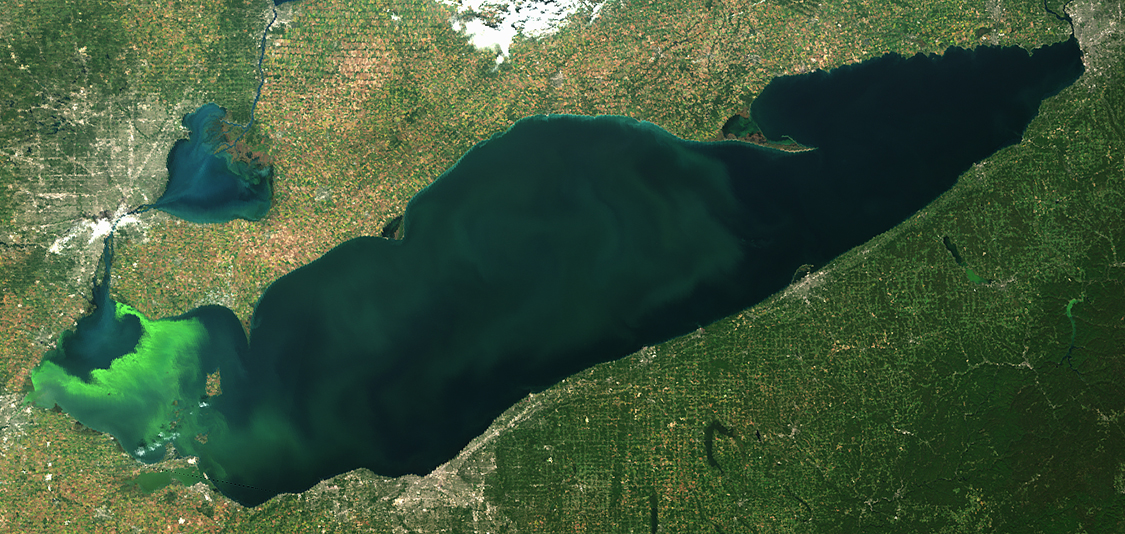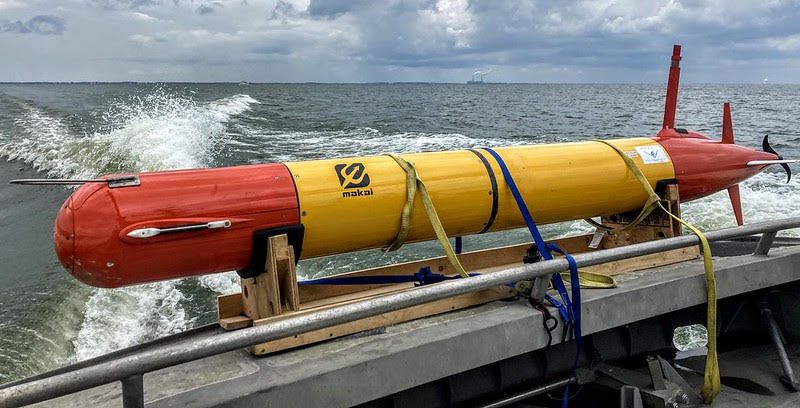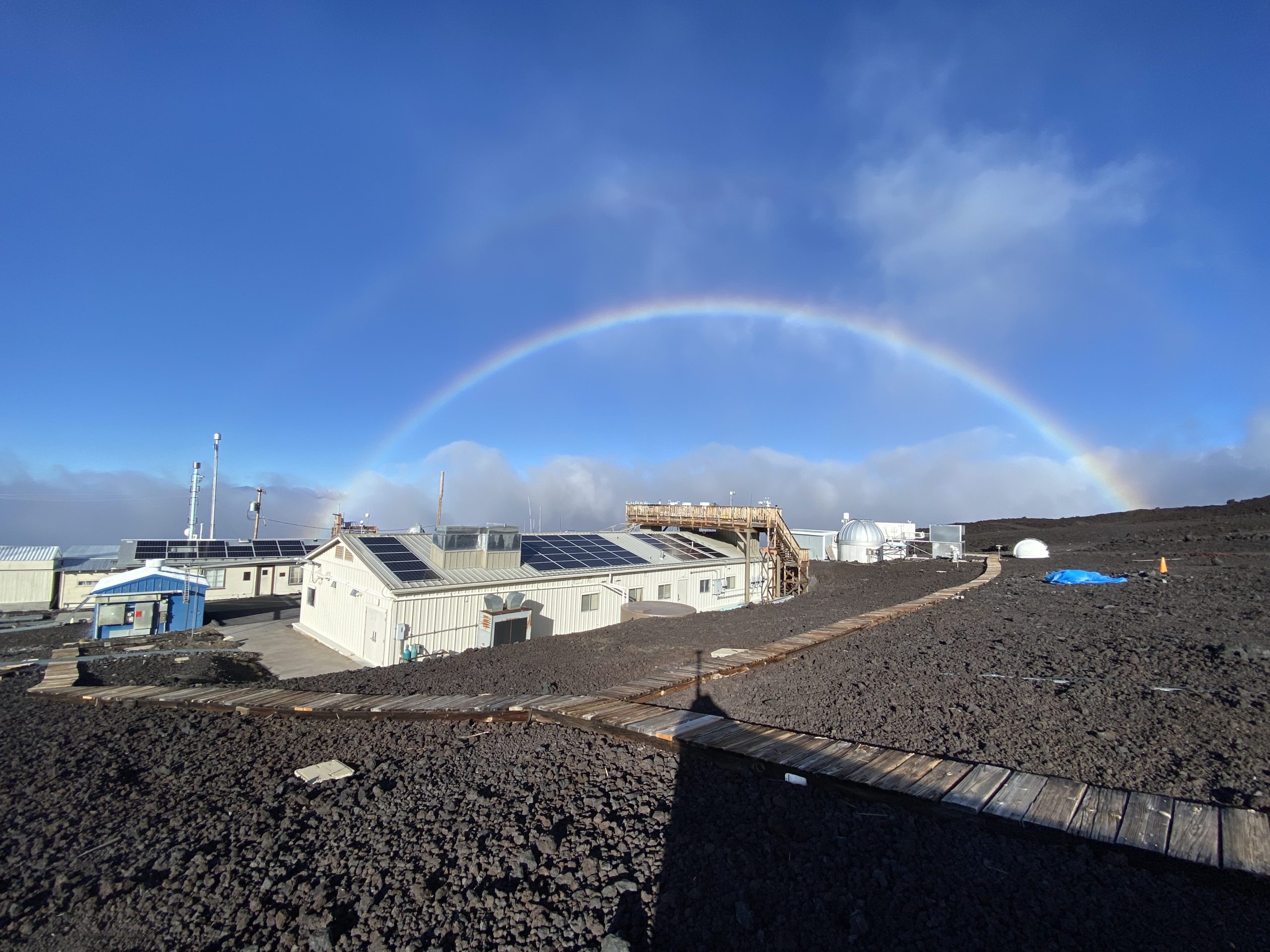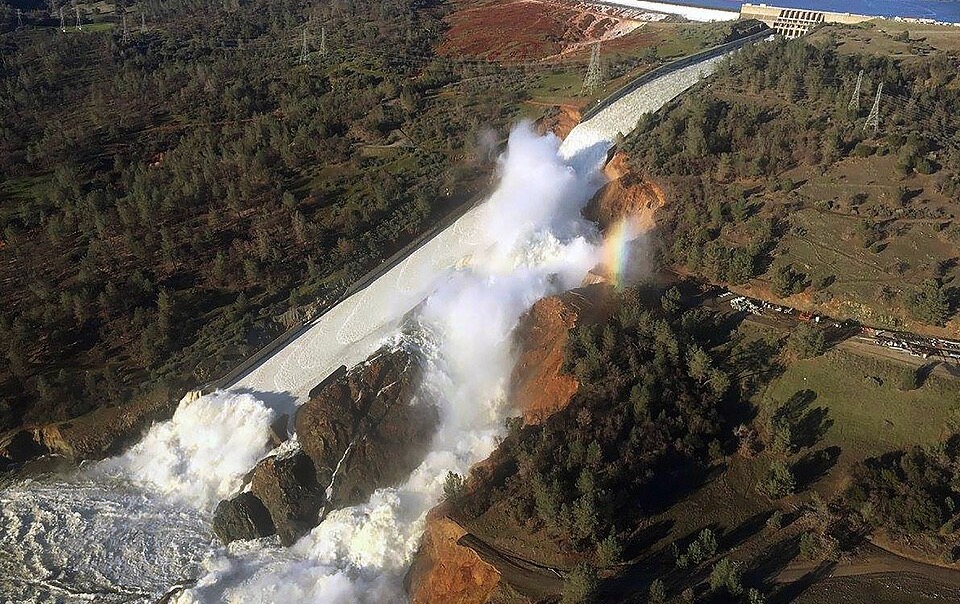Selection comes with up to $210 million award over five years
The National Oceanic and Atmospheric Administration today announced it has selected the University of Hawaii to host NOAA’s Cooperative Institute for Marine and Atmospheric Research (CIMAR).
The mission of this cooperative institute is to conduct research and disseminate knowledge necessary for understanding and predicting environmental change in the Indo-Pacific region, for conserving and managing coastal and marine resources in the Hawaiian Islands and U.S.-affiliated Pacific Islands and for meeting the Nation’s economic, social, and environmental needs in these regions.
“We are pleased to announce that the University of Hawaii will host our new Cooperative Institute for Marine and Atmospheric Research,” said Craig McLean, assistant NOAA administrator for Oceanic and Atmospheric Research. “This institute will help NOAA achieve our mission to better understand the ocean and atmosphere, which depends on research, data and information to make sound decisions for healthy ecosystems, communities and a strong blue economy.”
NOAA to award university up to $210 million over five years
The selection comes with an award of up to $210 million over the course of five years, with the potential for renewal for another five years based on successful performance. NOAA selected the University of Hawaii after an open, competitive evaluation.
The new cooperative institute will continue to address some of the major research themes that have been the focus of NOAA’s previous cooperative institute hosted by UH, the Joint Institute for Marine and Atmospheric Research, as well as expand to include new research areas. The eight research themes include: ecological forecasting, ecosystem monitoring, ecosystem-based management, protection and restoration of resources, oceanographic monitoring and forecasting, climate science and impacts, air-sea interactions, and tsunamis and other long-period ocean waves.
NOAA supports 20 cooperative institutes consisting of 70 universities and research institutions in 28 states and the District of Columbia. These research institutions provide strong educational programs that promote student and postdoctoral scientist involvement in NOAA-funded research.
For more information, please contact Monica Allen, NOAA Communications, at 202-379-6693 or by email at monica.allen@noaa.gov



